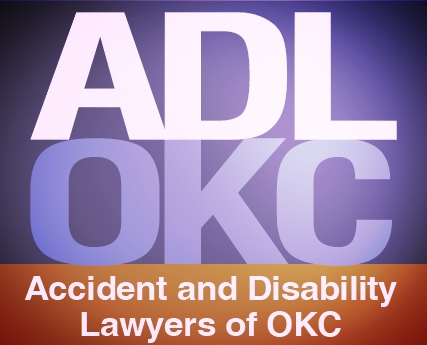Employment Law - What Sex-Based Discrimination
Sex-Based Discrimination - Generally
Sex discrimination involves treating someone unfavorably because of that person's sex. The law forbids discrimination when it comes to any aspect of employment, including hiring, firing, pay, job assignments, promotions, layoffs, training, fringe benefits, as well as any other term or condition of employment.
What laws protect workers from sex-based discrimination?
Numerous state and federal laws are designed to protect workers from sex-based discrimination. For example, the Equal Pay Act prohibits employers and unions from paying different wages based on sex. It requires employers to pay workers who perform equal work in jobs requiring "equal skill, effort, and responsibility, performed under similar working conditions" the same pay as other workers in the same position.
While the Equal Pay Act primarily addresses wage discrimination, Title VII of the Civil Rights Act of 1964 prohibits discrimination in many more aspects of the employment relationship. It makes it illegal for employers to discriminate based on race, color, religion, sex or national origin. Title VII applies to numerous aspects of the terms, conditions and privileges of employment. The Pregnancy Discrimination Act of 1978, amended or expanded the Civil Rights act to preclude discrimination based on pregnancy, child birth and related medical conditions.
These federal statutes and regulations, and many others not discussed here, generally apply to employers engaged in interstate commerce with more than 15 employees. However, Oklahoma state laws may protect employees who would not otherwise be protected by federal laws, and in some instances may provide better protection for Oklahoma employees than the federal laws. The Oklahoma Anti-Discrimination Act prevent unlawful discrimination based on race, color, national origin, sex, religion, creed, age, disability or genetic information. Oklahoma discrimination law may apply to any Oklahoma employer with at least 1 employee.
If you believe you are or have been the victim of unlawful discrimination, we may be able to help. Call us at 405-759-0515.
